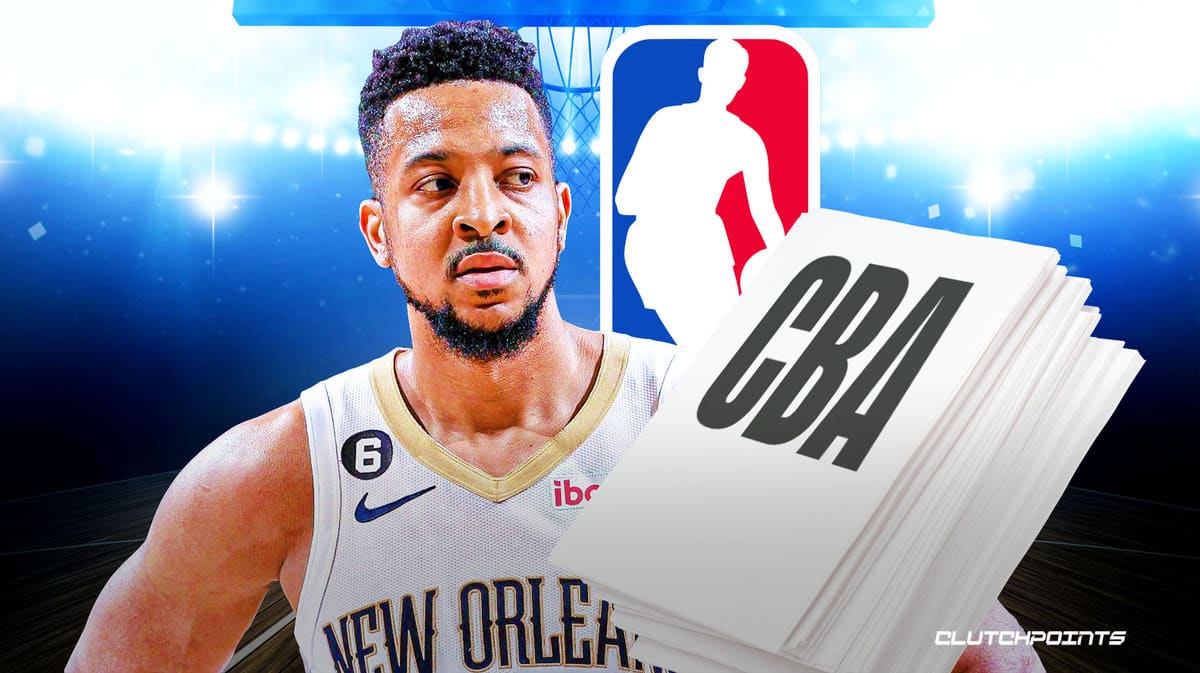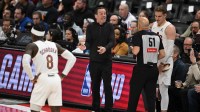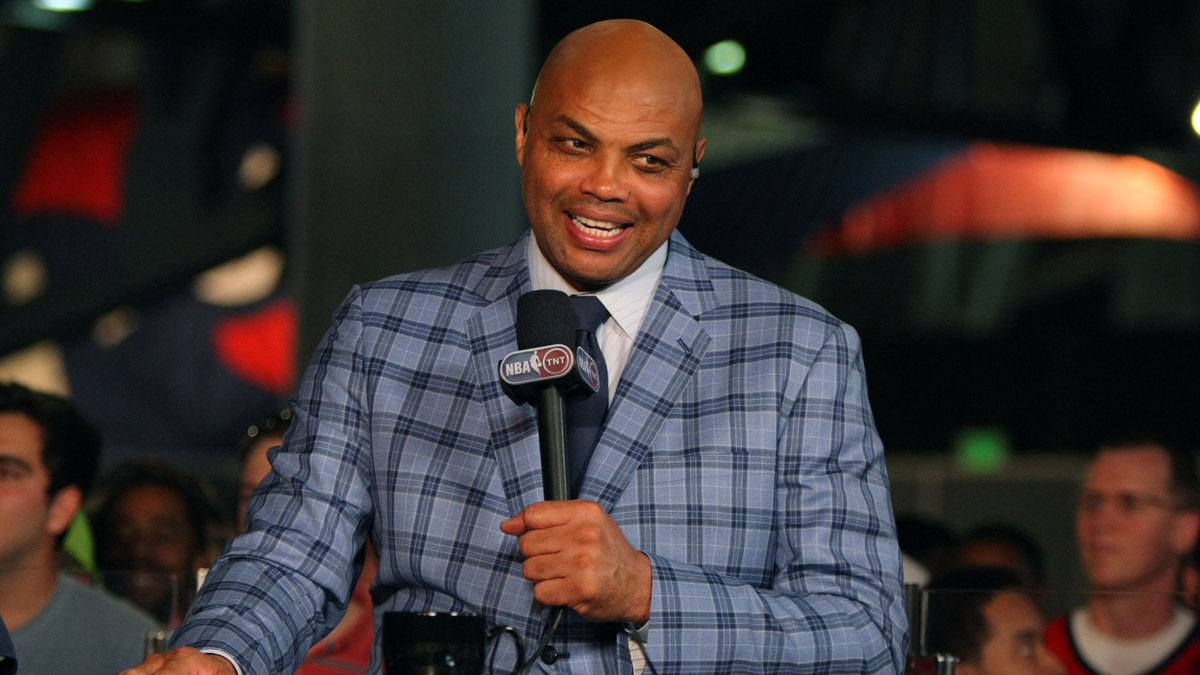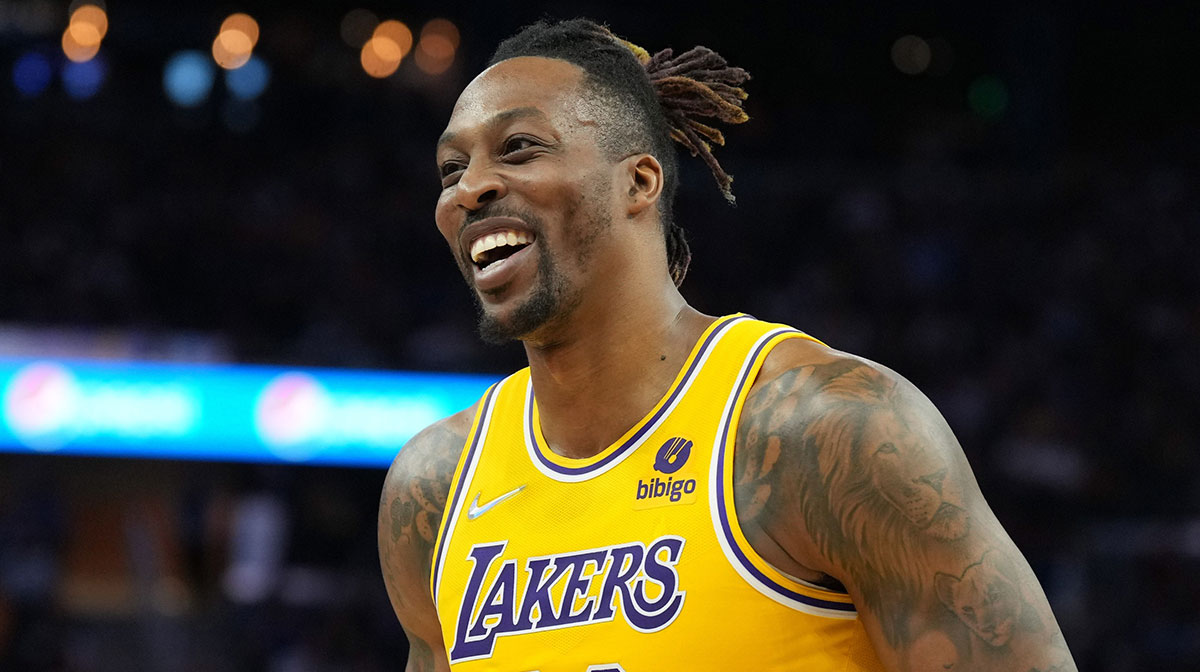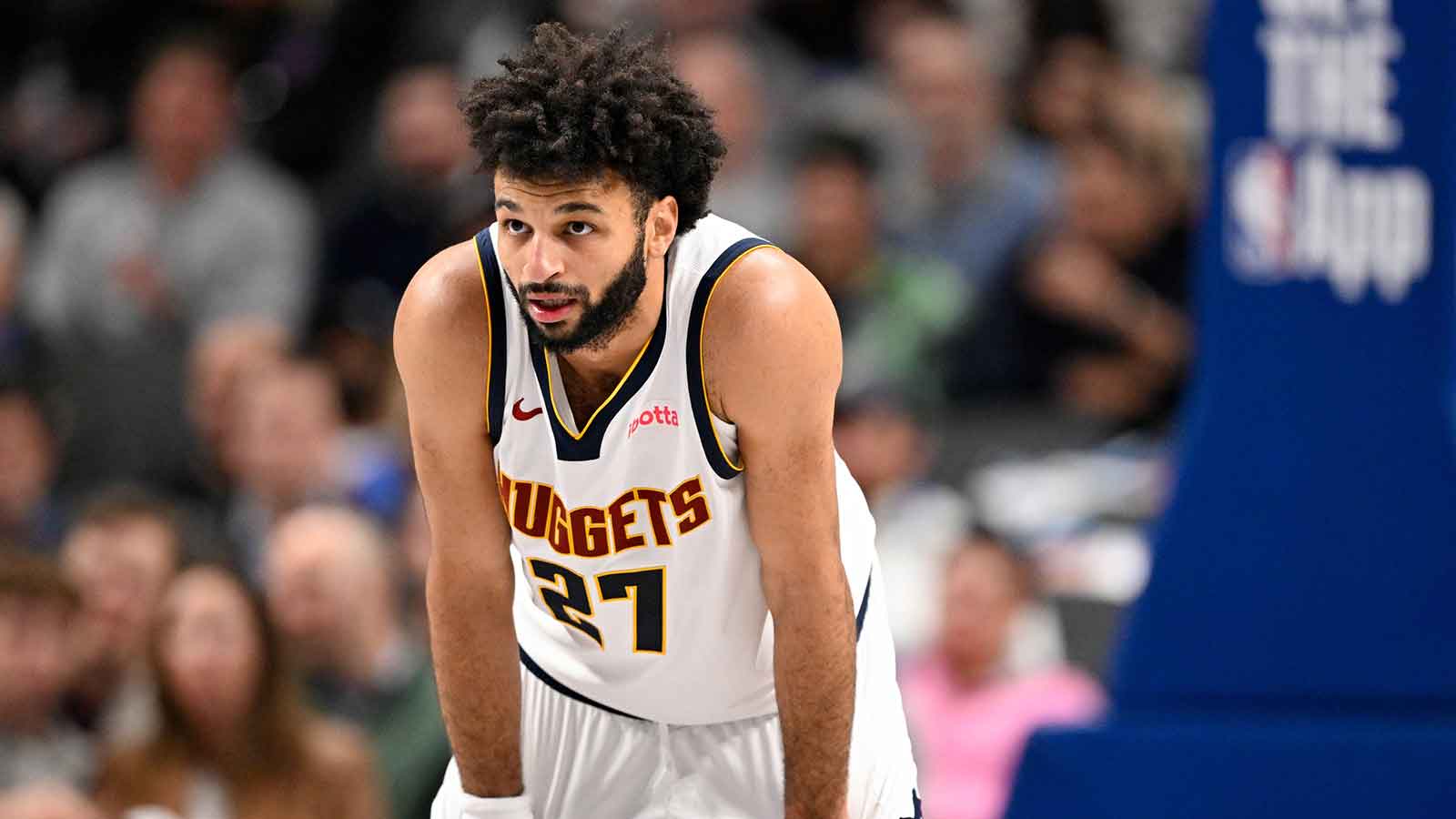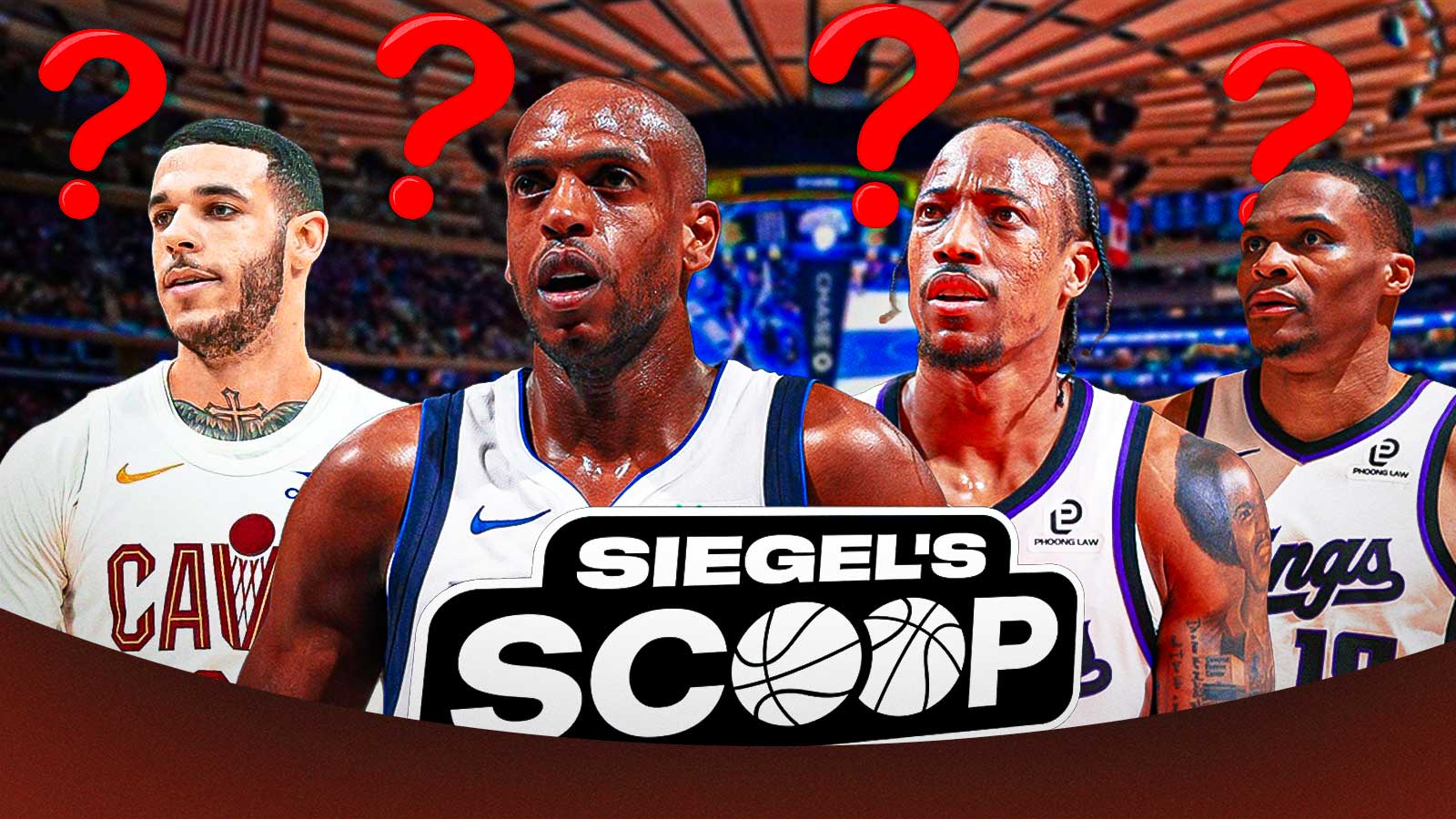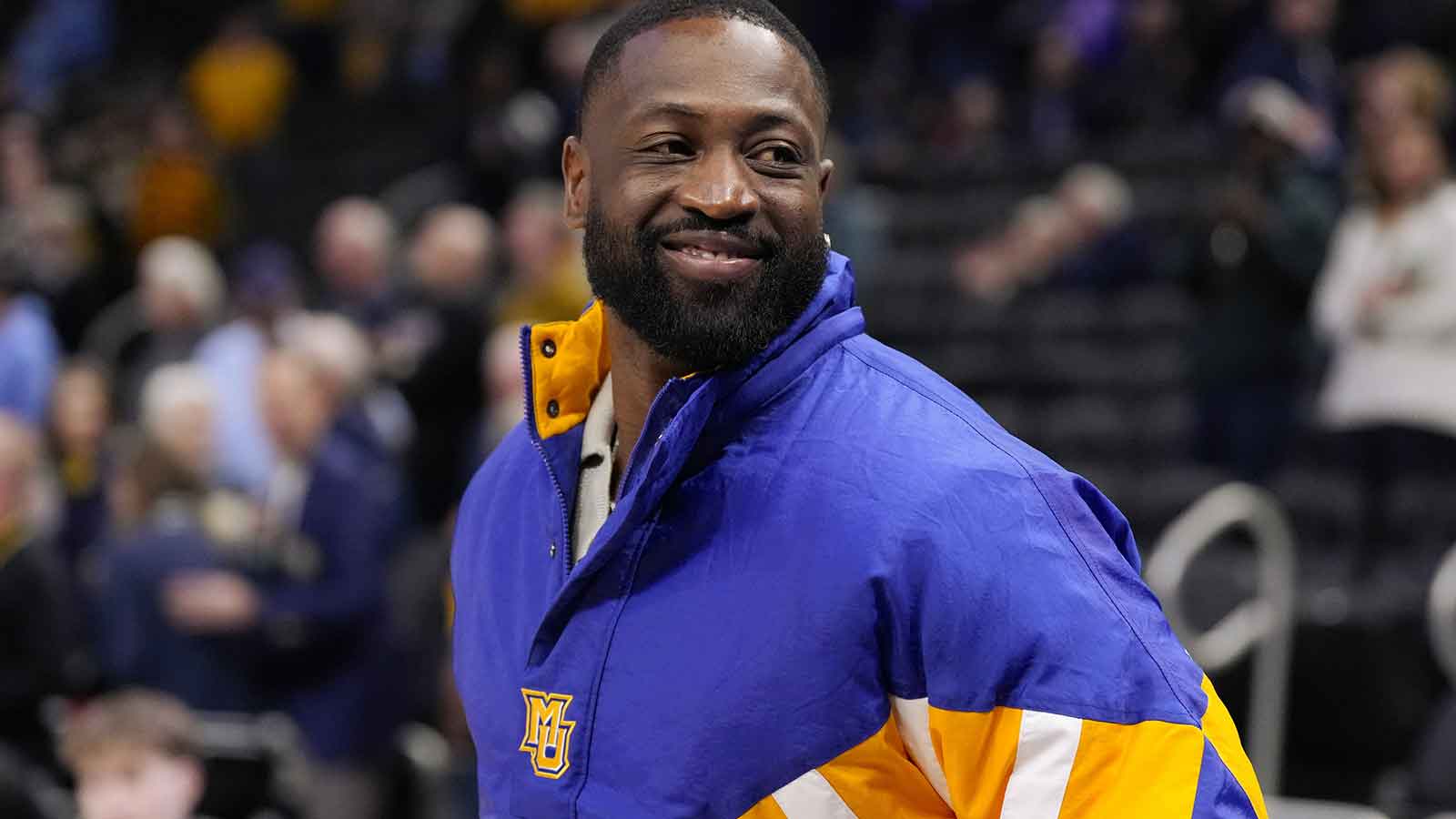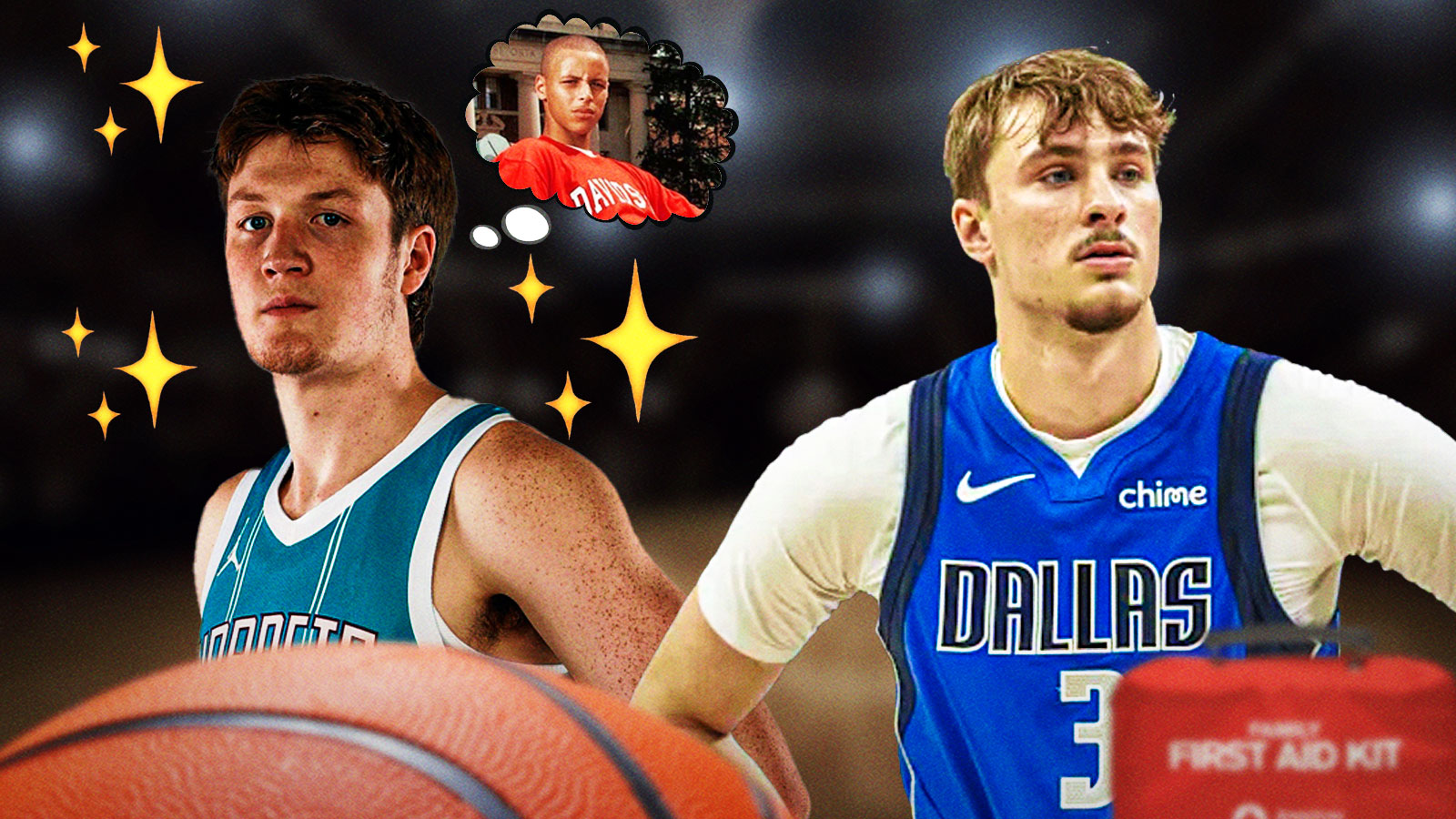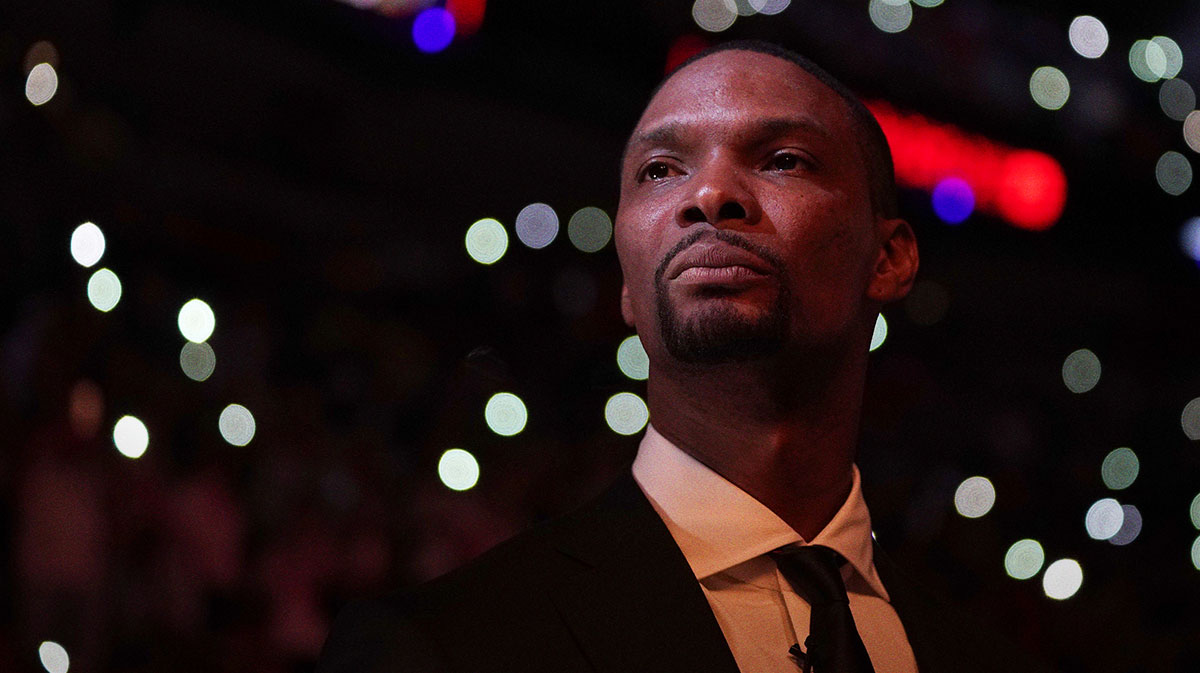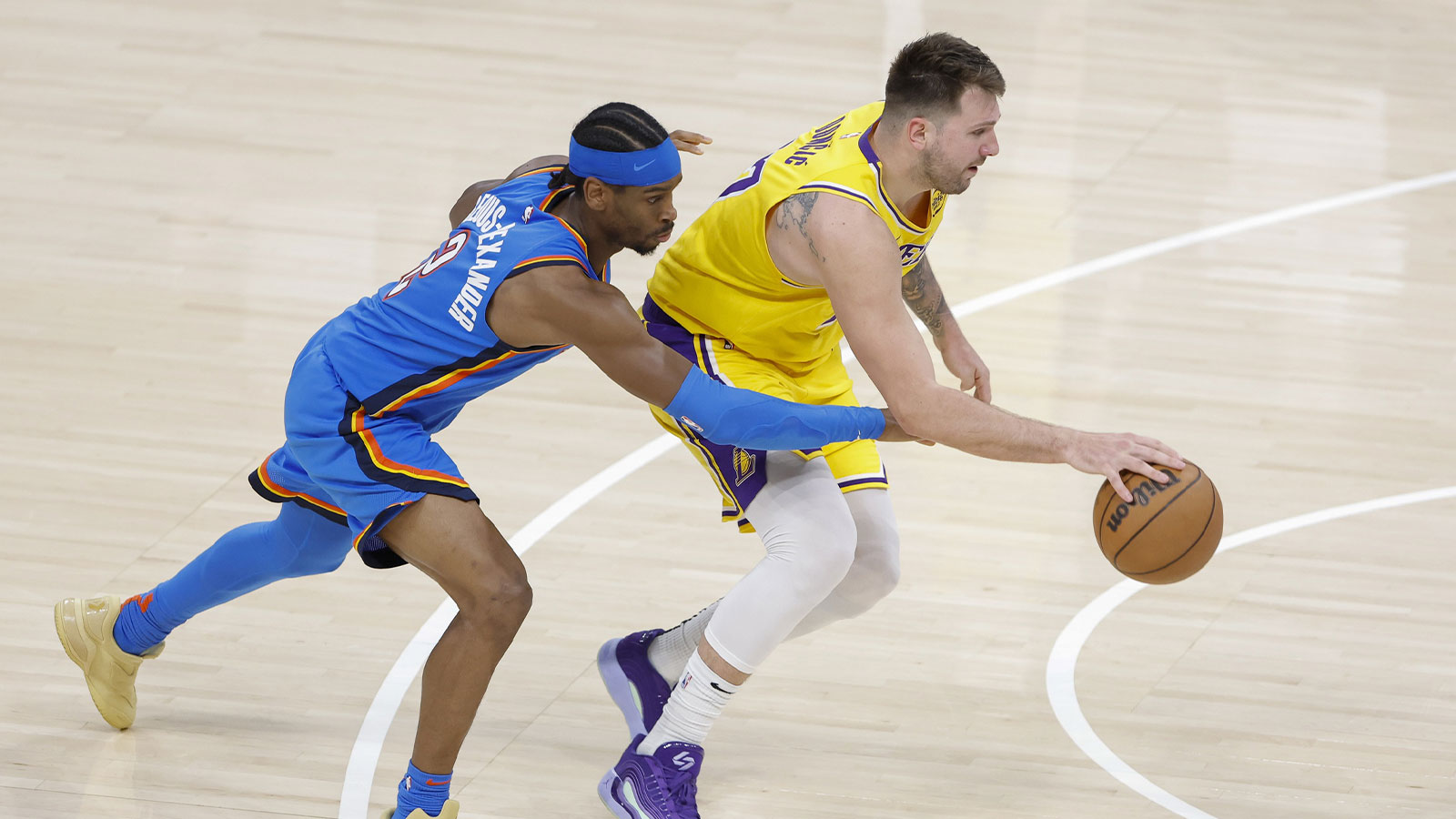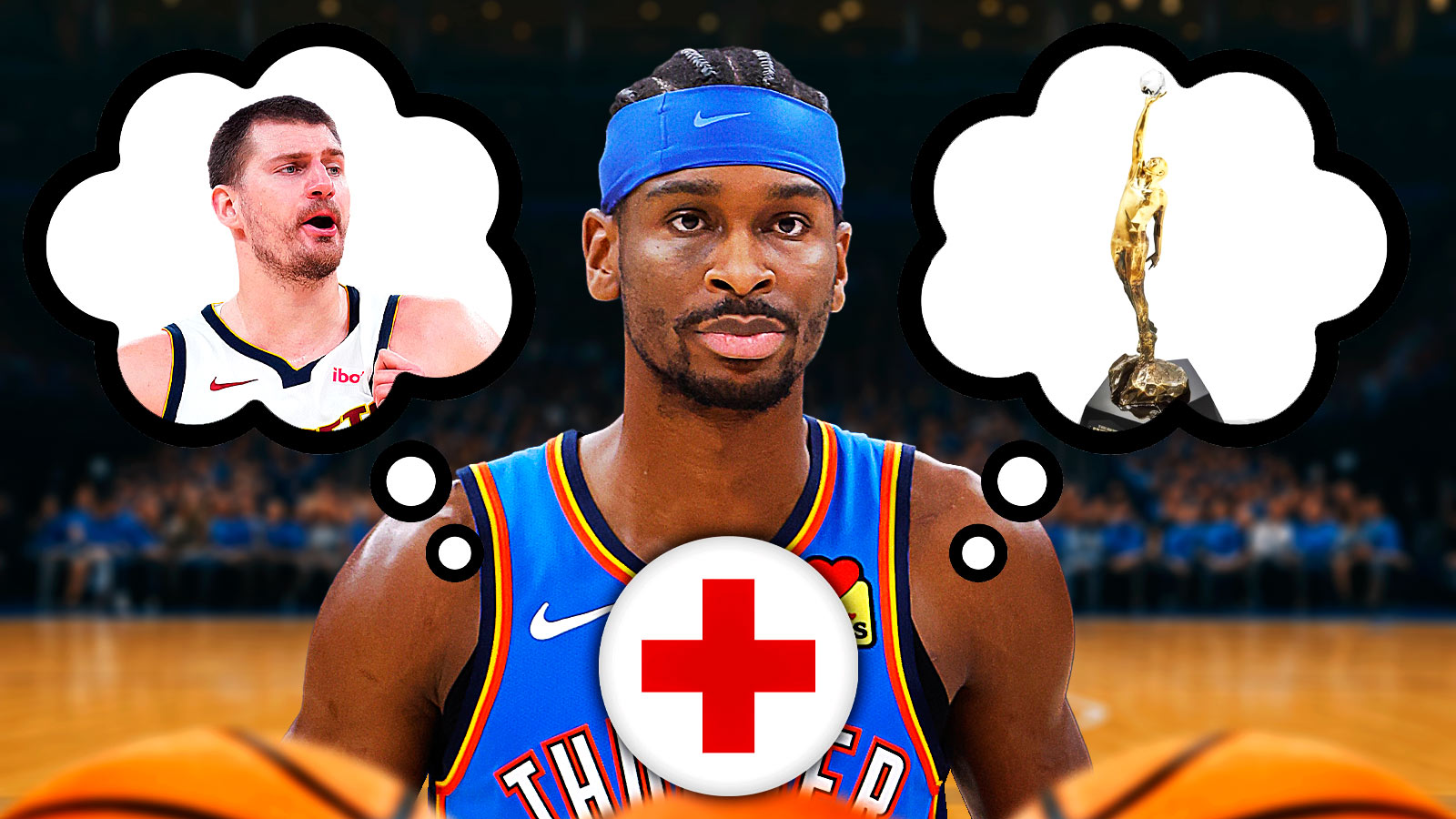Rejoice, basketball fans! The NBA and the NBPA have officially agreed to terms on a new CBA deal for 2023 'till 2029. The period of CBA negotiation is always a worrying time for fans. After all, if both sides are not able to agree on a deal in time, the next season could potentially be in jeopardy. The most extreme case is the 2012 lockout, where the regular season was essentially slashed in half.
While it's not guaranteed yet, this new agreed-upon CBA between the NBA and the NBPA could signal a quick process for a deal to be ratified. Already, we've seen some rumors about potential additions to the regulations of the league. Let's take a look at some of the notable changes we could see in the future.
Wait, what IS the CBA?
In a nutshell, a collective bargaining agreement (or CBA for short) is a document that forms the backbone of a sports league. It contains all of the rules for contracts in the NBA, rules and regulations for player conduct, and limitations on how much a team can spend, among others. It is the single most important document in a league, and it's no surprise that the player union and the league work hard to ensure that their parties get a fair deal.
65-game requirement for individual awards
This is a rather interesting change that has the potential to impact player's contract. Discussions about award winners over the last few years have gotten more and more… engaging, so to speak. A common problem that some debaters run into is the injury talk: how many missed games can a player have before he's “ineligible” for the award? Well, the new NBA CBA will likely put a hard cap.
Both Adrian Wojnarowski and Tim Reynolds reported that there will be a new 65-game limit for potential NBA award winners. How does this impact player income? Well, players often have incentives built into their contracts for hitting certain milestones (All-NBA, All-Defense, and all the individual awards). If a player wants to get those bonuses, they need to hit that limit.
In-Season Tournament
One of Adam Silver's biggest proposals is the addition of an In-Season Tournament in the NBA, and it seems that this will be official in the new CBA. It is similar to the WNBA's Commissioner's Cup, where a small “tournament” is held during the middle of the year. The NBA will adopt a similar format, but with more teams included (instead of a winner-take-all final, an eight-team knockout will be done).
Essentially, teams will play “Cup games” that count toward a separate leaderboard. The results of these games will also count towards the regular season regular. The teams with the best record in these “Cup games” will duke it out in a knockout playoff, while the 22 other teams won't participate. It's an interesting concept, but the execution could lead to some… less than ideal circumstances if done wrong. We'll see if the NBA can stick the landing with this new tournament.
Removal of marijuana testing
With weed being much more accepted in a lot of states today, the NBA has decided to officially remove marijuana from the prohibited drugs list. More specifically, it's been taken off the list of drugs to be tested in NBA players. Marijuana has slowly been decriminalized in many states, and the new NBA CBA is adjusting to these new rules, it seems.
Extra luxury-tax barrier for teams
Now this is a really interesting new addition for NBA teams in 2023. In an effort to increase parity in the NBA, the new CBA will reportedly add a new luxury tax threshold. When this threshold is reached, teams will be unable to sign players with the mid-level exception.
The luxury tax is meant to enforce parity by giving teams exorbitant penalties for keeping some of the players on the roster. Despite that, some NBA teams are still willing to go way over the tax to keep their cores intact. This new CBA rule is another way to dissuade already loaded teams from further adding talent at a reasonable rate. In a way, it's a scheme to prevent the “rich” from getting even richer.
Is this all official?
Well, not quite. As Tim Reynolds noted, there's still some things that need to be done before this new NBA CBA deal becomes “official”. For one, the owners and the players will review this document and, depending on their thoughts, could suggest amendments. There's also the matter of writing the official language for this document: the details and exact wording matter, and both sides will go back and forth.
Still, the fact that the league and the player's union have agreed to terms is a good thing. Now, it's up to the NBA owners if they approve of these changes.

